Salma is author of book 'Irandam Jamankalin Kathai'. The book has won many awards. It's Marathi translation 'Madhya Ratri Nantarche Taas' recently won Sahitya Academy Award for translation. Salma is a full-time politician in the small village of Tamil Nadu 'Thuvarankurichi'. Juggling her life, fighting patriarchy, she has created her own identity and emerged as a successful writer. Currently, she is working as State Deputy Secretary of Women’s Wing. In this conversation with Ruta Thakur, she talks about her book, work, and the challenges of her life.
Recently, 'Madhya Ratri Nantarche Tas' translated by Sonali Navangul won Sahitya Academy Puraskar for the translation. The original novel 'Irandam Jamankalin Kathai' is in Tamil written by Salma. It has also fetched an International award. A ninth class educated woman who excels herself in the world of literature is certainly commendable. Here is the conversation with Mrs Salma, the Tamil author of this original novel.
How did you feel when you heard that your book won the Sahitya Akademi award?
I was very happy. This is particularly heartwarming because my book is translated into another language where it picked up an important award. After it was published in Marathi, I received several emails on the novel. It indicates that the book is well received by Marathi readers. The award is thus a reason for more happiness.
Had you ever thought, you would receive such an award?
The book received few awards when it was published in English. So I was hopeful that it would get awards when published in other languages too.
When did you start to write 'Irandam Jamankalin Kathai', how much time did it take?
It took me three years to complete 'Irandam Jamankalin Kathai'.
By following or sometimes breaking some traditions of the Muslim community how did you start your journey?
The society in which I have grown up was not familiar with the literature. So writing, reading, and publishing were problematic. It sometimes led to controversies too. It continues to be an issue. I still have to fight this to keep writing.
I read about your journey from childhood till now in Sonali Navangul's 'Madhyaratri Nantarche Taas' your Marathi translated book can you tell more about that journey?
I have never been to a school, always confined to home. My marriage happened against my wishes. My life continued in the same village in the same pattern. The women here lived similar lives. However, I wanted to fight and change my life. I faced everything that fits the definition of gender inequality. I struggled through and brought myself to light. It is a problem faced by women in general when they come forward to write. For me it was not an easy task, it was even more problematic. The background I come from women has to grapple a little more. Socially, culturally and within the family, women continue to face oppression. So did I. Nonetheless, today I have resisted the oppression.
How did you hide your Identity and write using another name? Why did you feel the need for that?
There was huge opposition to my writing from my family and society. I was tired of fighting against them constantly to keep writing. By choosing a pen name I could write and write what I wanted without any restriction and freely. It helped me to handle the mental blocks the society had created about what I could write and whatnot. I felt liberating, writing what I believe in.
Did your poems have been translated into English? What is the name of the book and who did the translation?
Not as a separate poetry collection, but my poems have been part of many anthologies. In particular 'WILD GIRLS WlCKED WORDS' is an anthology of four important Tamil poetesses, among which I am one of them.
Salma is one of your writings. Tell us more about your published work as well as unpublished work so far? Also the other translated work?
I have two short story collections, two novels, three poetry collections, a travelogue to my credit. Most of them have been translated into English and Malayalam. I am currently working on my third novel, soon to be published. Kalyanaraman has translated my poems and short story collections. Meena Kandasamy translated my second novel.
Writing, household Chores, Children, Politics, etc your field of work is wide. How do you balance your work life and personal life?
It is my passion and I really want to spend more time on writing. Family to any woman is a problematic oppressive institution. Even to run it, you need to invest a lot of time. However, I have crossed these hurdles. Politics is a full-time job. I have spent a lot of time in politics for two decades. But now I think l have wasted my time there. But my identity is writing, and I want to concentrate on it more in the future. Writing is and will be my primary identity.
While working in so many fields how do you manage your time? , tell us about that, so that women like us will be inspired.
When you are a full-time politician, it is hard to fit everything into your schedule. In politics your time is not yours, one cannot put work on hold. It is a full-time service. You can sense this even now as I am typing answers for this interview in midst of a campaign for local body election. It is a complex process, but writing is my personal space. I can do it whenever I want, I can take breaks also but in my job.
What plans do you have for your work in the field of literature?
I have plans to write a novel and an autobiography. I have to write and I will.
Housewife- writer-successful politician if you had to choose one of them what would you prefer or at least what would be your priority?
I wouldn't like to call myself a housewife. I don't like this identity. Being a writer is my important identity. It gave me worldwide recognition and respect across borders to date. I wouldn't call myself a successful politician. It's not easy for a woman to be successful in politics. It's very perverse. I am still not a successful politician.
Although Salma's passion is writing, she is actively engaged in politics and social work too. There is no part of India where women are not oppressed. Salma belonging to the Muslim community had the same fate. It is not so easy to carry the yoke of superstition, norms, tradition around the neck and find the way. While finding her own way, Salma acts as a guide to other women. She tries to make their journey blissful. The thorns of oppression are piercing our feet, but to prevent them from becoming ugly, she gives them a dose of literary pinch and makes them alert through her writings. Politics empowers women and gives them respect. Society pays attention to the chair from which she speaks, for what she has to say. Listens to her, understands what she is saying.
(Interviewed by Ruta Thakur)
rutavijayarv@gmail.com
Read the Marathi translation of this interview
लिहीत राहण्यासाठी मला झगडावेच लागते!
Tags: Salma Tamil Writer Ruta Thakur Literature Load More Tags

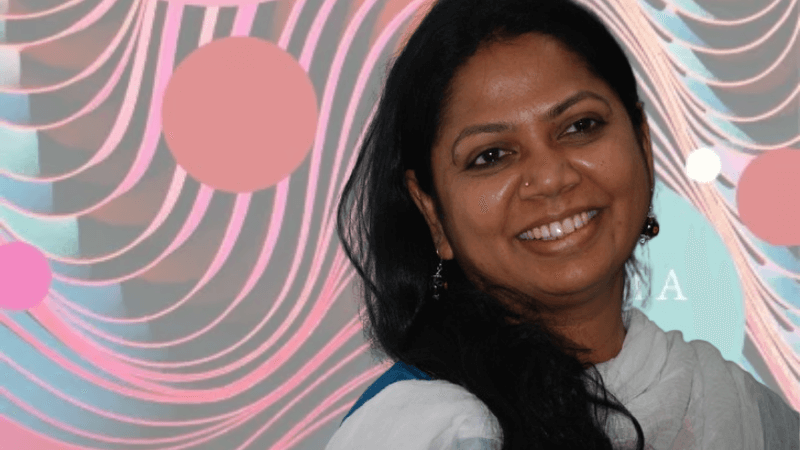

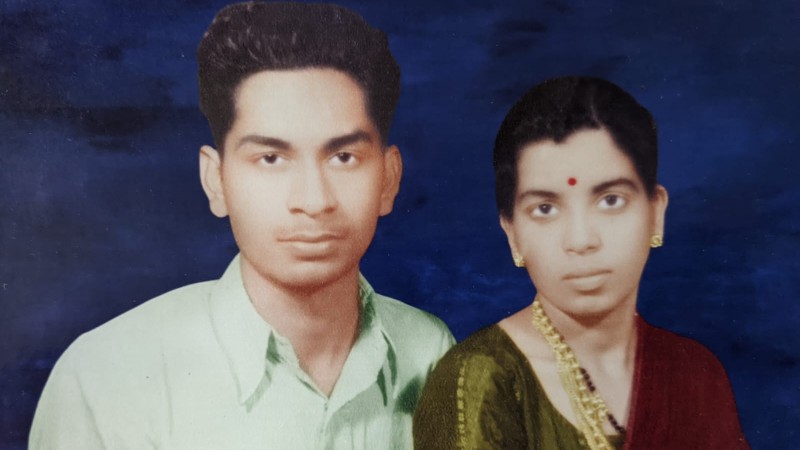
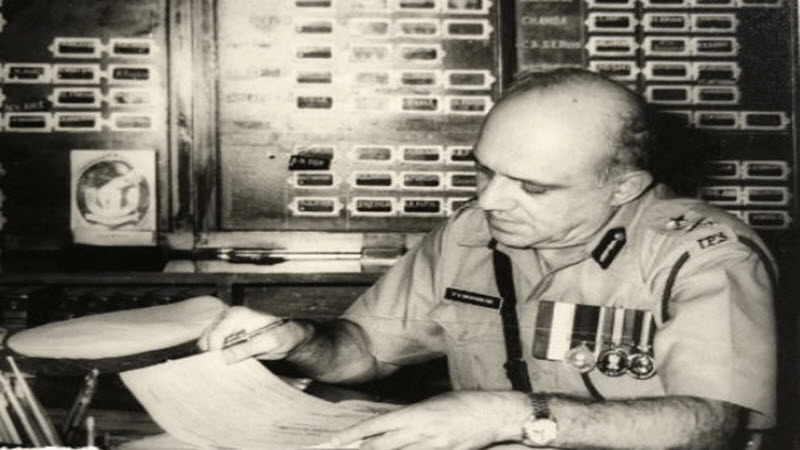
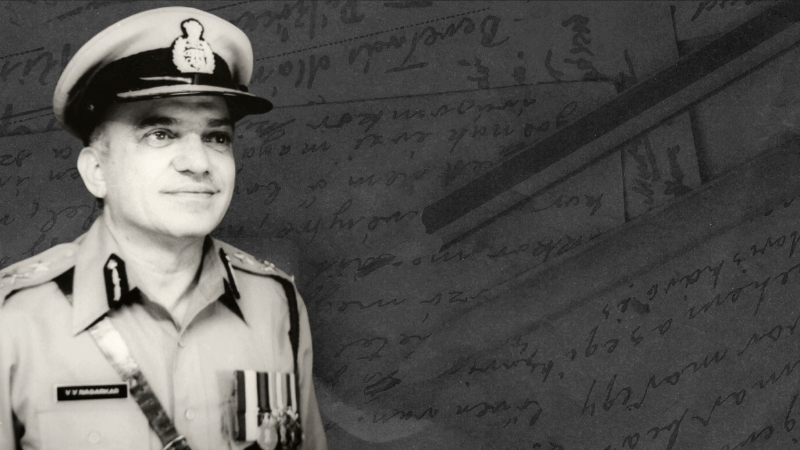
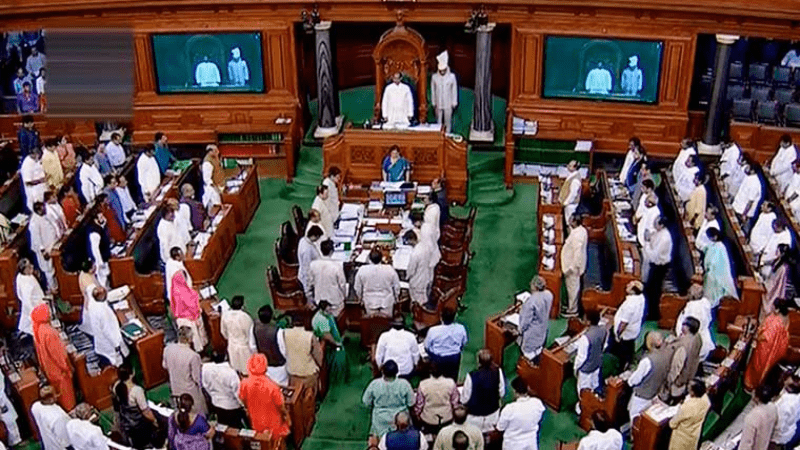
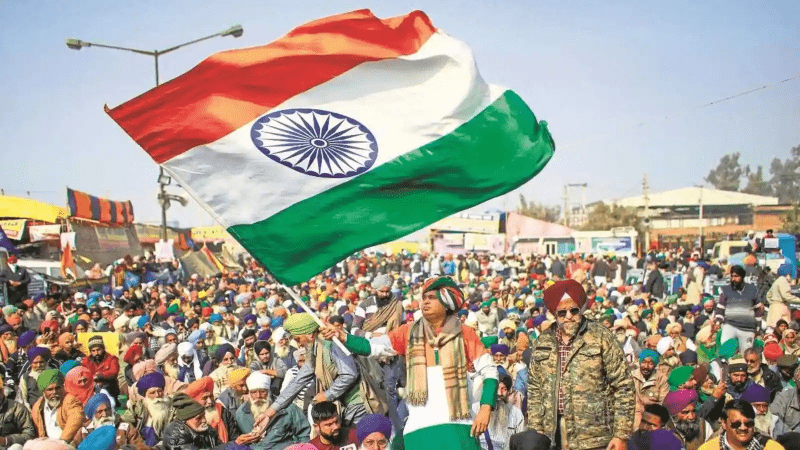

























Add Comment